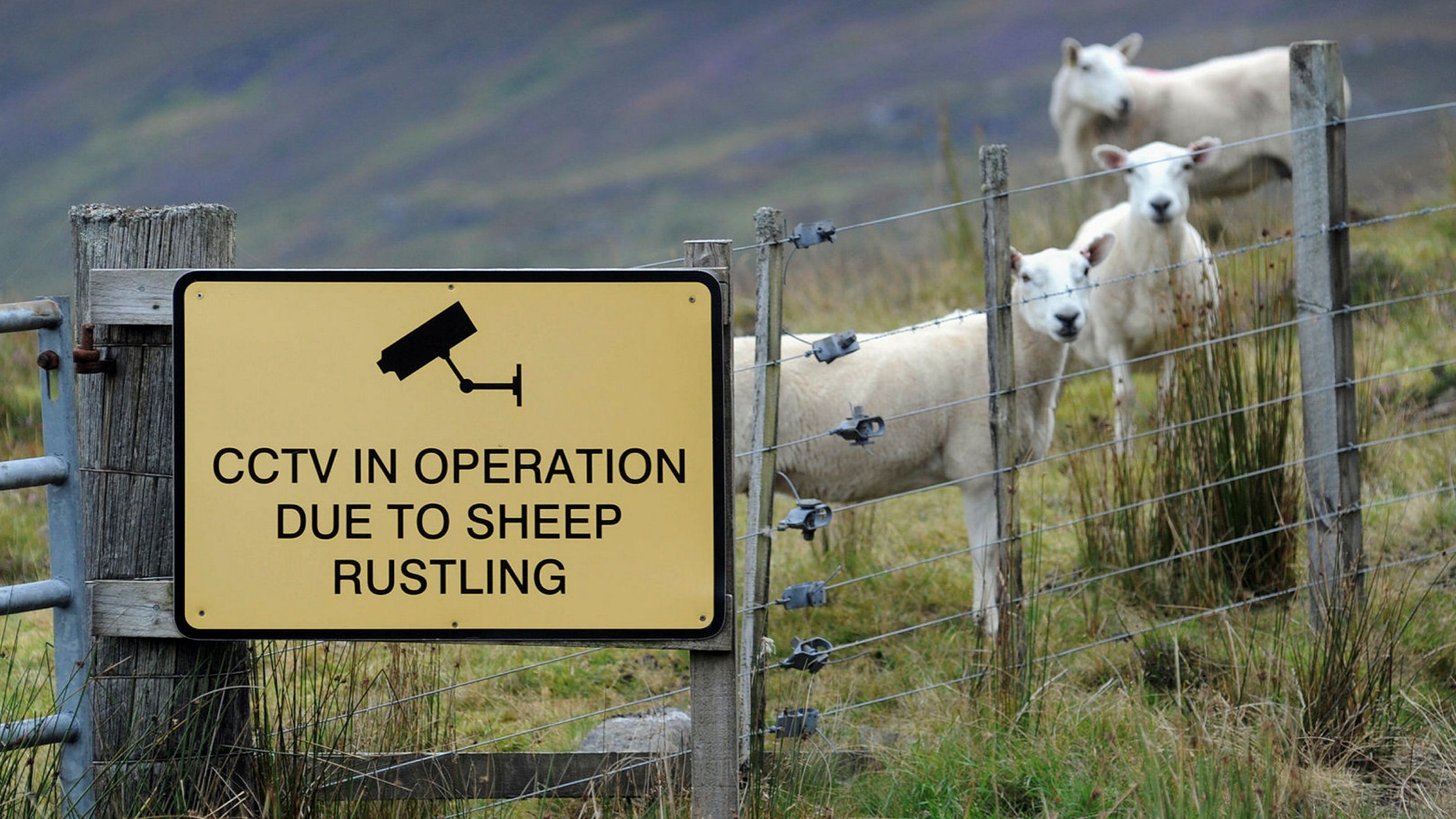6392
0
Livestock theft has become an increasing problem in the UK
Livestock theft has become an increasing problem in the UK. In 2020, farmers across the country claimed £ 2.3 million in damage.

Yazar: Tom Roberts
Yayınlanma: 19 Nisan 2021 06:12
Güncellenme: 2 Mart 2026 23:51
Livestock theft has become an increasing problem in the UK
Livestock theft has become an increasing problem for farmers in the UK over the past few years. "It's just kept getting bigger," said Rebecca Davidson of NFU Mutual Agricultural Insurance. "Ten years ago, more than ten sheep were rarely stolen at a time. Now we get regular reports that 50 to 100 animals are affected." In 2020, farmers across the country claimed £ 2.3 million in damage. That is a marked minus compared to the previous year, when animals worth 3 million pounds were stolen. But this is due to the fact that during the corona lockdown with far-reaching exit restrictions, crime generally decreased, said Davidson. "It is particularly disastrous for smaller farmers," said the expert. "You operate with small profit margins, the business impact is huge, and it can take many years to overcome the impact on breeding programs." Pedigree sheep in particular are stolen, as are cattle and pigs. "Some affected farmers are being forced to downsize their herds. Some are foregoing the best grazing land because they are concerned about road access," Davidson said. The insurance expert sees the trend towards stealing herding dogs with concern. "To commit a crime of this magnitude, you undoubtedly need a good German Shepherd to help." No figures are known in Germany. The theft of livestock and livestock are not recorded separately in the crime statistics, the Federal Criminal Police Office announced on request. "A need to record this in the future has not yet been reported by the responsible states," said the federal government in August 2019 in response to a request from the FDP parliamentary group. In the legal sense, animals are considered a thing in Germany. The FDP agricultural expert Frank Sitta said that often only advertisements are recorded, but not the number of stolen animals. "Thefts of entire breeding herds, which cause considerable damage to the farmers and threaten the livelihood of the business, suggest that criminal action is gang-like," said Sitta. As a preventive measure, he called for the national traceability and information systems for animals - in Germany the HIT database - to be better networked at European level.İLGİLİ HABERLER





European stocks soared and focus shifted to German retail sales after Powell's speech!

Forex Signal For TRY/USD: Inflation Slowdown in November.

Forex Signal For GBP/USD: Bullish Trend Still Not Breaking While Recovery Continues.

Forex Signal For EUR/USD: Starry US Data Points to Higher Fed Increases.

Forex Signal For BTC/USD: Downside Continues as Bitcoin Recovery Moves Less.
En Popüler Haberler
Yorum Yap
Yorumlar
Henüz yorum yapan yok! İlk yorumu siz yapın...